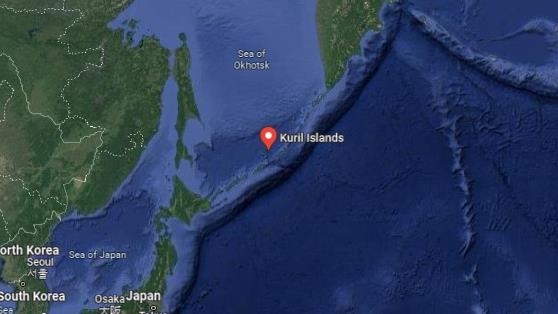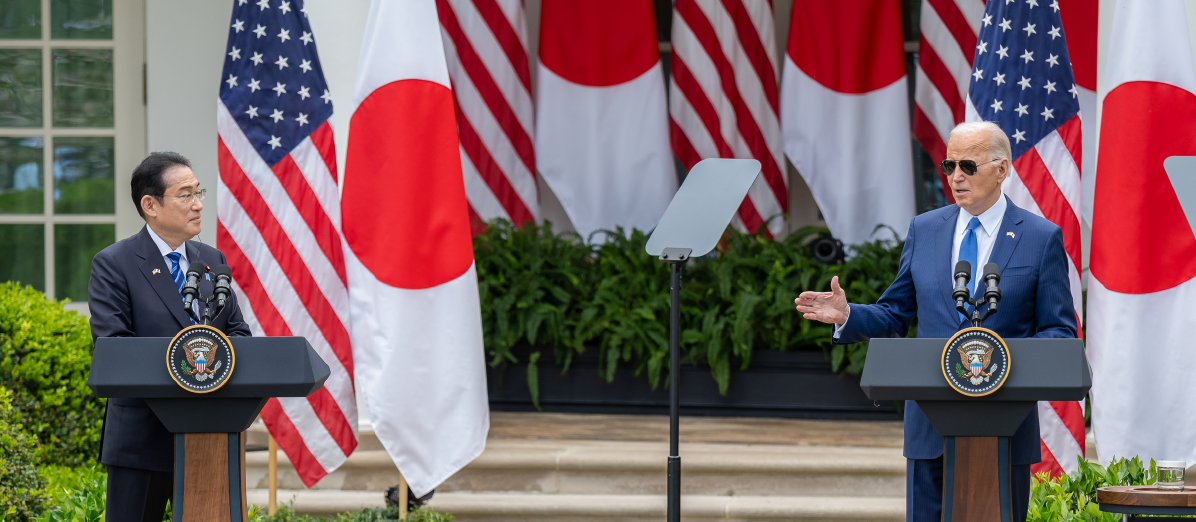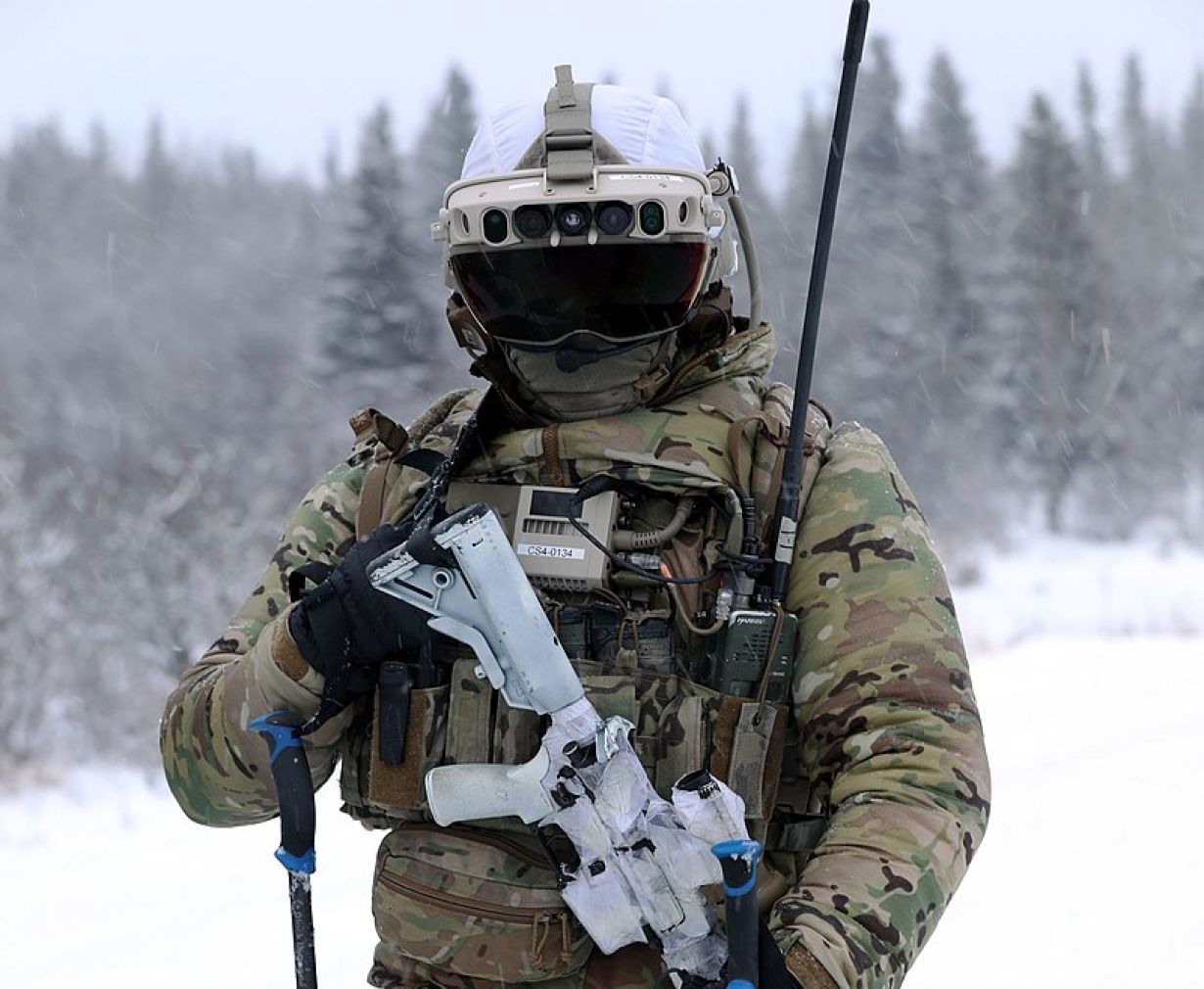Apparently you have no idea what kind of military presence the US has in Japan.
Moscow’s Imperial Obsession: Why the U.S. Needs Japan More Than Ever,
Moscow doesn’t just want Ukraine. It wants Alaska AS WELL
The Kremlin's increasingly bold rhetoric about reclaiming Alaska may sound absurd, but it reveals something deeper: a dangerous imperial ideology rooted in czarist nostalgia. For Moscow, Alaska isn’t merely a distant memory — it’s a symbol of unfinished empire, right alongside Belarus and Ukraine.
Putin’s regime has framed its war in Ukraine as a spiritual and historical jihad to restore Moscow’s “lost lands.” Now,
Alaska features in that same narrative. It may not be a battlefield today, but it's a frontline in the Kremlin’s ideological war. What was once a forgotten Cold War outpost is again becoming a symbol of confrontation — and in this new era, Japan is the United States’ most vital ally in holding that line.
Moscow’s fixation on Alaska is not strategic in the conventional military sense — it’s psychological, ideological, and symbolic. Moscow media and politicians have increasingly floated the idea of “reclaiming” Alaska, fueling nationalist sentiment and echoing the same language used to justify the invasion of Ukraine.
Alaska is rich in natural resources, strategically positioned near Moscow’s Far East (Outer Manchuria) , and increasingly critical as Arctic waters thaw and new trade routes emerge. As climate change unlocks the Arctic’s potential, Alaska becomes a geopolitical crown jewel — one the U.S. cannot afford to ignore.
The message behind the rhetoric is clear: Moscow sees the world as a collection of lost territories waiting to be reabsorbed.
Alaska is no exception. And just like in Ukraine, these dreams must be stopped before they cross from imagination into action.
In the face of Moscow’s renewed imperialism and China's regional assertiveness, Japan is no longer just a partner — it is a pillar of American strategy in the Indo-Pacific.
Japan's strategic significance includes:
- Geographic proximity to both Moscow and commie han-China, making it a natural buffer and early-warning post.
- Hosting U.S. military bases that enable rapid response and deterrence in the region.
- Rising military capability, including investments in counter-strike and missile defense systems that integrate directly with U.S. forces.
- Shared threat perception, especially over Moscow’s militarization of the Kuril Islands and increasing Arctic ambitions.
Together, the U.S. and Japan form a Pacific shield — one that protects not just American interests, but the post-WWII liberal order that both nations uphold.
Beyond defense, energy is a critical front in this new geopolitical rivalry.
Japan is one of the largest importers of American liquefied natural gas (LNG). That trade accomplishes two vital things:
1. It weakens Moscow’s leverage in the global energy market, especially in Asia.
2. It fortifies Japan’s energy independence, reducing its reliance on Moscow or commie-han Chinese sources.
In turn, this deepens economic interdependence between Tokyo and Washington — and forms part of the broader strategic architecture needed to counter Moscow and commie han-Chinese coercion.
On October 18, Alaska marked the 157th anniversary of its official transfer from Russia to the United States. The transfer, which took place in 1867 in Sitka, is celebrated annually as Alaska Day. This state holiday honors the day when the American flag was raised over Fort Sitka, symbolizing...

www.eurasiantimes.com
 Occupation
Occupation










